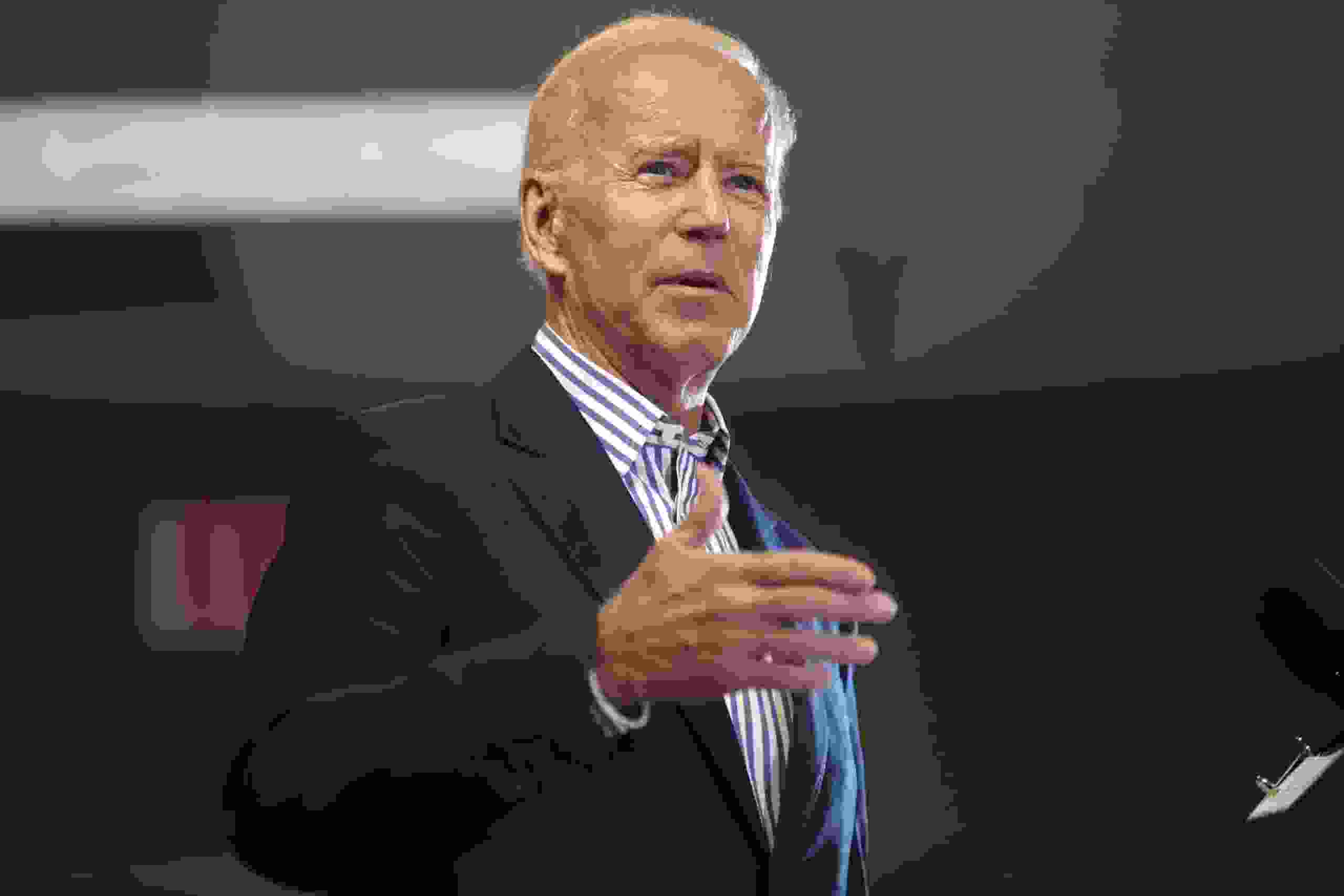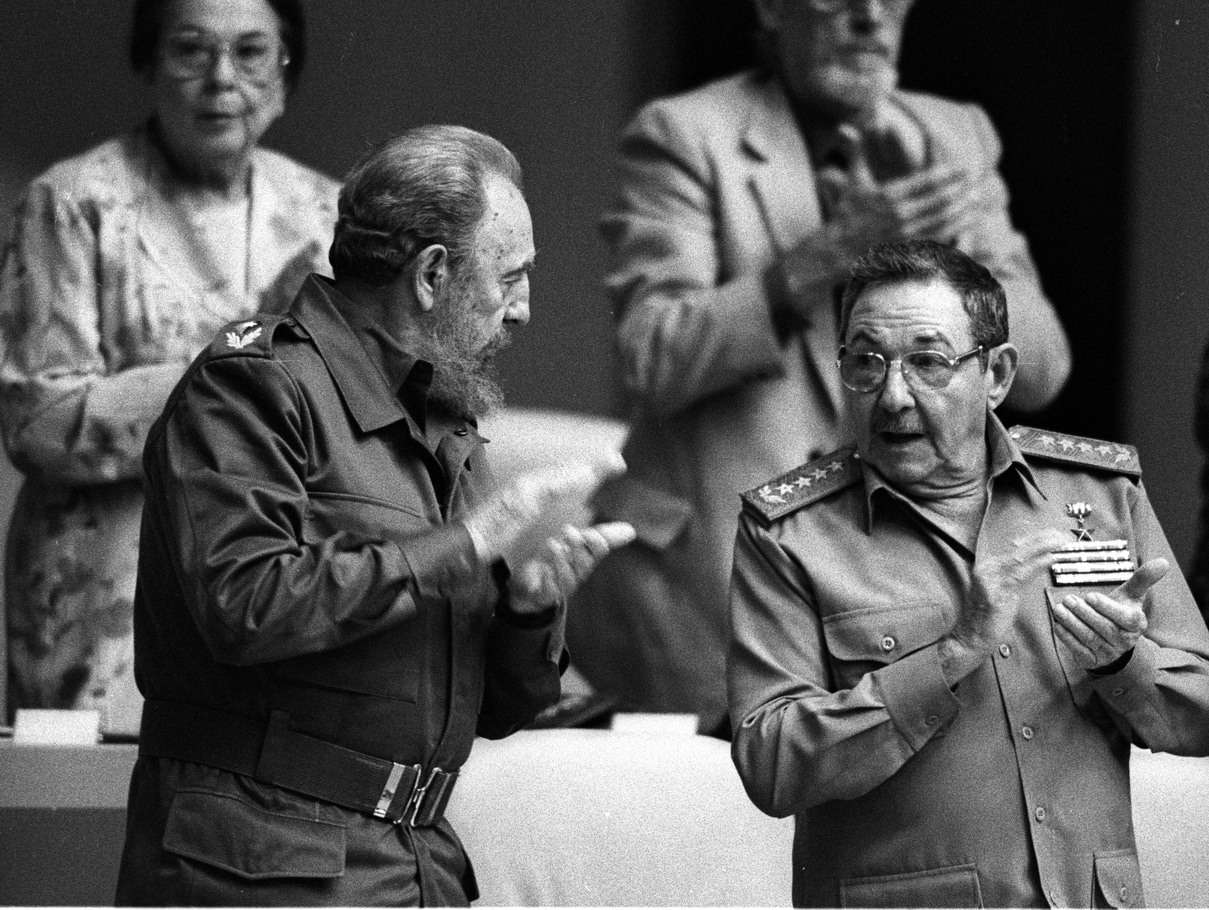Welcome to our roundup of news and current events related to ethics and international affairs! Here’s some of what we’ve been reading this past month:
 Joe Biden when he was campaigning for president. Photo credit: Gage Skidmore via Flickr
Joe Biden when he was campaigning for president. Photo credit: Gage Skidmore via Flickr
Al Jazeera: Biden vows to raise refugee admission cap, but offers few details
Buckling under pressure from refugee rights groups and Democratic allies, U.S. President Joe Biden has vaguely promised to raise the United States' refugee resettlement cap from Donald Trump's historic low of 15,000. These comments backtrack on reports earlier this week that Biden was going to keep the cap at his predecessor's level. In his brief statement on the issue, Biden cited the difficulties his administration is facing on the southern border, where thousands of unaccompanied minors have been kept in custody for well over the legal limit of seventy-two hours.
Read more about global refugee policy and the ethics of migration in Ethics and International Affairs:
Hypocritical Inhospitality: The Global Refugee Crisis in the Light of History (2020: Volume 34.1)
When Migration Policy Isn't about Migration: Considerations for Implementation of the Global Compact for Migration (2019: Volume 33.4)
Book Review: Unjust Borders: Individuals and the Ethics of Immigration (2019: Volume 33.4)
 Northern Ethiopia's Tigray region. Photo credit: Rod Waddington via Flickr
Northern Ethiopia's Tigray region. Photo credit: Rod Waddington via Flickr
Al Jazeera: Eritrea confirms its troops are fighting in Ethiopia’s Tigray
Eritrea's information minister posted a letter addressed to the UN Security Council acknowledging that his country's forces are engaged in Ethiopia's northern Tigray region and promising to pull them out. This is the first such acknowledgement by Eritrea, coming after months of international pressure and on-the-ground reporting of war crimes allegedly committed by Eritrean forces. Ethiopian Prime Minister Abiy Ahmed finally admitted to the Eritrean presence in late March, promising that they would soon leave, but observers say that has not happened yet.
Read more about the laws of war and the ethics of modern warfare in Ethics and International Affairs:
Book Review: The New Rules of War: Victory in the Age of Durable Disorder (2019: Volume 33.4)
A Human Rights Approach to Conflict Resolution (2019: Volume 33.3)
Battlefield Mercy: Unpacking the Nature and Significance of Supererogation in War (2019: Volume 33.3)
 Raúl Castro (right) and his brother Fidel. Photo credit: JuTa via Wikimedia Commons
Raúl Castro (right) and his brother Fidel. Photo credit: JuTa via Wikimedia Commons
New York Times: A Cuba Without a Castro? A Country Steps Into the Unknown.
Raúl Castro, 89 years old, announced that he will relinquish his post as first secretary of Cuba's Communist Party at the opening of the party's four-day congress last Friday. He will be replaced by Cuba's current president, Miguel Díaz-Canel Bermúdez, who is 61 years old and part of a generation of party cadres hoping to open the country up while remaining in power. This will be the first time that Cuba was not led by a Castro since 1959, when Raúl and his brother Fidel overthrew the American-backed dictator Fulgencio Batista. Since then, their socialist policies have brought health care and education to many Cubans, but have also restricted economic opportunity amidst a decades-long American embargo.
Read more about the history and ethics of decolonization in Ethics and International Affairs:
Book Review: Worldmaking after Empire: The Rise and Fall of Self-Determination (2019: Volume 33.3)
Decolonizing Global Ethics: Thinking with the Pluriverse (2019: Volume 33.2)
After Liberal Hegemony: The Advent of a Multiplex World Order (2017: Volume 31.3)
 Natanz nuclear facility. Photo credit: Hamed Saber via Wikimedia Commons
Natanz nuclear facility. Photo credit: Hamed Saber via Wikimedia Commons
Reuters: Iran identifies suspect behind blast at Natanz nuclear site
Iran's intelligence ministry on Saturday named a man they want arrested in connection with an explosion and power outage at the country's main Natanz nuclear plant, an attack that they have attributed to Israel's Mossad spy agency. The increased tensions between Iran and Israel come alongside separate talks in Vienna aimed at getting the United States to rejoin a 2015 nuclear deal between Western powers and Tehran.
Read more about covert operations and the ethics of violating state sovereignty in Ethics and International Affairs:
Book Review: Principled Spying: The Ethics of Secret Intelligence (2018: Volume 32.4)
The Case for Foreign Electoral Subversion (2018: Volume 32.3)
Threats and Coercive Diplomacy: An Ethical Analysis (2018: Volume 32.2)